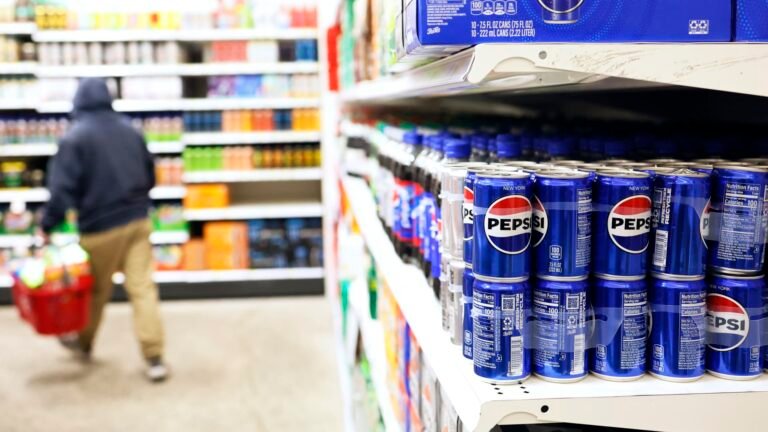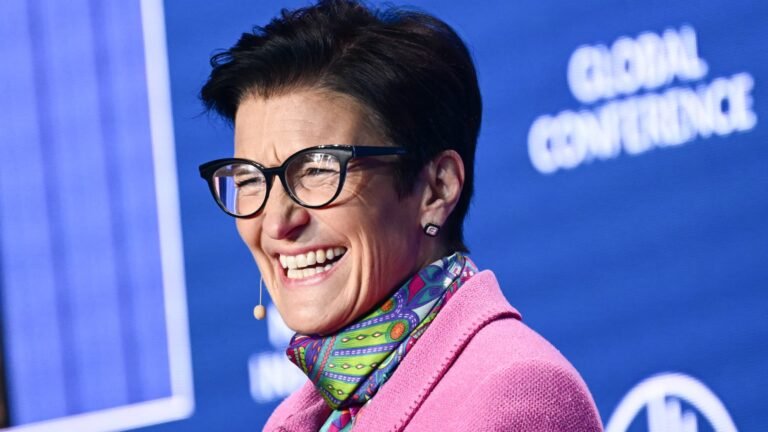
In this article, Boeing is facing another challenging year. A year ago, the company faced safety and quality concerns when a fuselage panel blew out midair from a nearly new Boeing 737 Max 9 operated by Alaska Airlines. Despite the incident causing fear among passengers, no serious injuries occurred, and the plane landed safely in Portland, Oregon. A preliminary report by the National Transportation Safety Board revealed that key bolts were not installed before the aircraft left Boeing’s factory in Renton, Washington, further damaging the company’s reputation.
Over the past 12 months, Boeing’s stock price has dropped by over 30%, contrasting with the S&P 500’s nearly 27% increase. The company’s leadership has undergone significant changes, including the appointment of a new chief executive and enhanced training for factory workers. Boeing has made progress by implementing random quality audits, reducing defects in fuselages, and addressing feedback from employees.
Following the incident, the Federal Aviation Administration has increased oversight of Boeing, limiting production of the 737 Max jets. FAA chief Mike Whitaker emphasized the need for a cultural shift at Boeing towards prioritizing safety and quality over profits. Boeing has not reported an annual profit since 2018, a year marked by two fatal crashes involving its 737 Max aircraft.
Boeing has faced various quality issues affecting deliveries of aircraft models like the 737 Max, 787 Dreamliner, and Air Force One planes. The company has incurred significant losses since 2019, prompting the new CEO to focus on improving production efficiency. Despite challenges such as a recent strike and workforce reductions, Boeing aims to stabilize production and enhance its core operations under the leadership of CEO Kelly Ortberg. Airlines like Southwest have expressed optimism about Ortberg’s approach, viewing it as a comprehensive transformation of Boeing’s operations.







